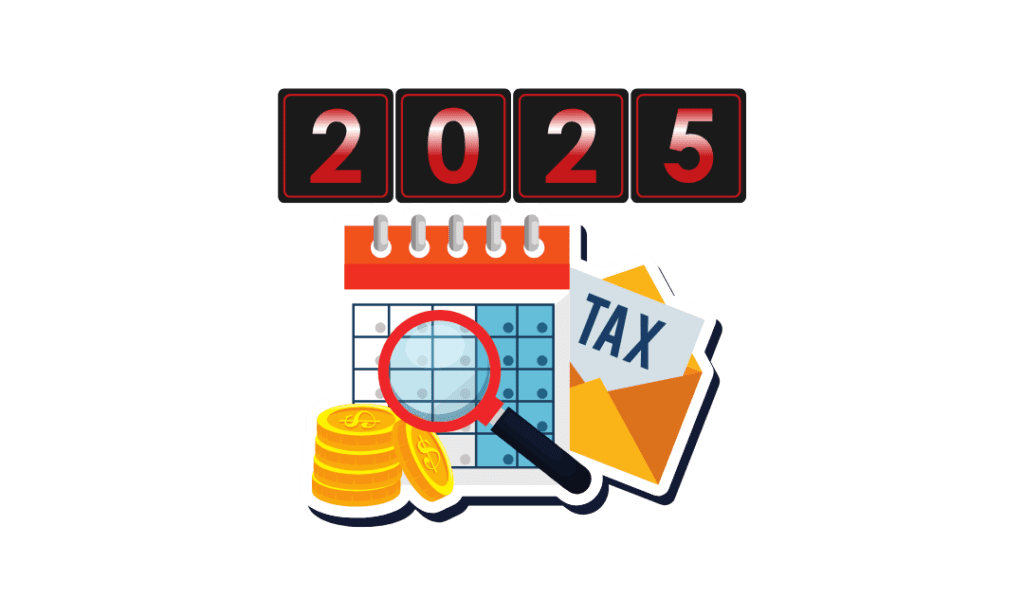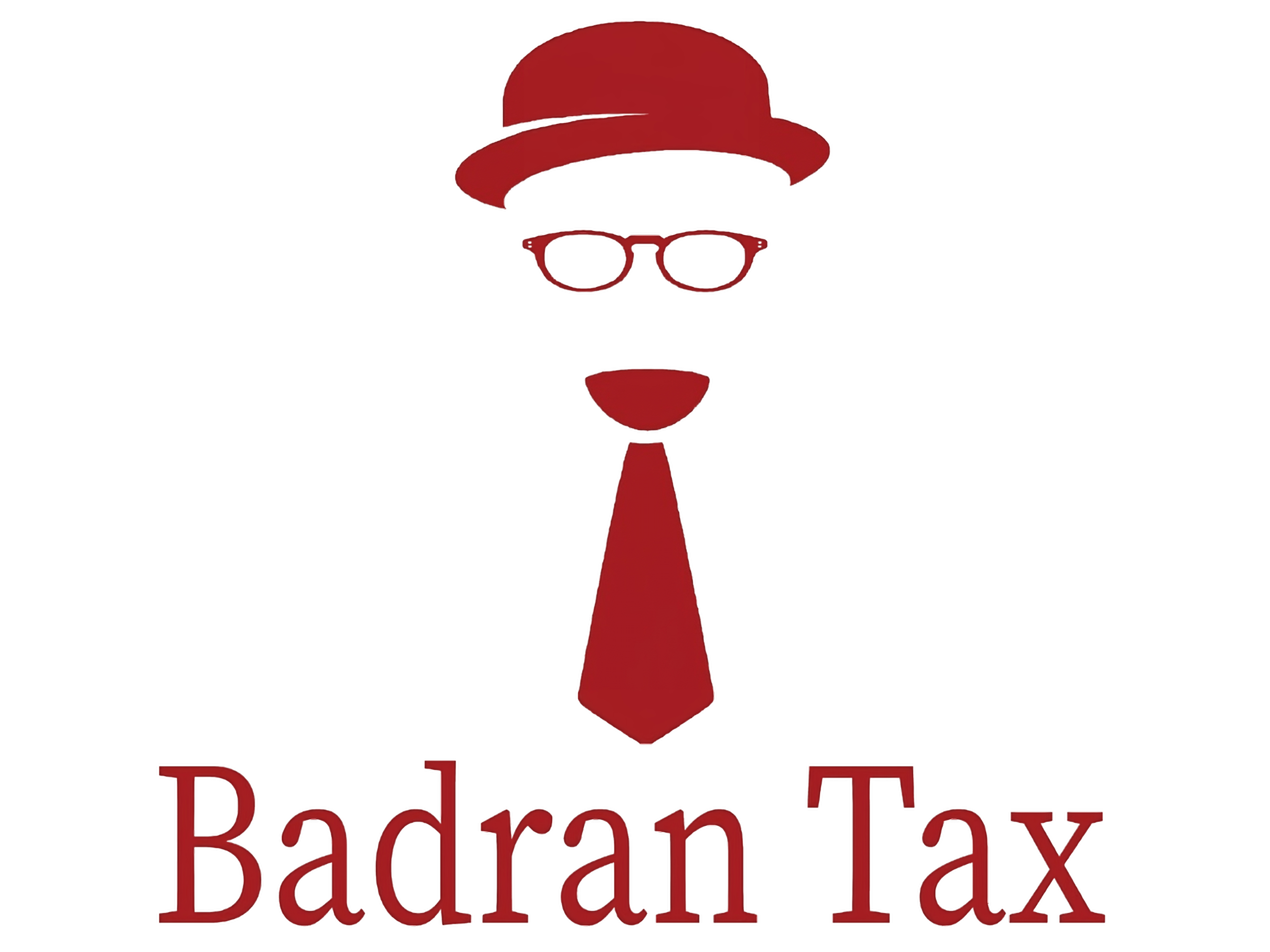Tax season is here, and staying informed about the latest tax law changes can help you maximize deductions, avoid penalties, and file with confidence.
The IRS has announced several key adjustments for the 2025 tax season, impacting tax brackets, deductions, credits, and more. Whether you’re an individual filer or a small business owner, these changes could affect your tax return.
1. 2025 Adjusted Tax Brackets
Each year, the IRS adjusts tax brackets to account for inflation. Here are the updated brackets for the 2025 tax season:
| Tax Rate | Single Filers | Married Filing Jointly |
|---|---|---|
| 10% | Up to $11,925 | Up to $23,850 |
| 12% | $11,925 – $48,475 | $23,850 – $96,950 |
| 22% | $48,475 – $103,350 | $96,950 – $206,700 |
| 24% | $103,350 – $197,300 | $206,700 – $394,600 |
| 32% | $197,300 – $250,525 | $394,600 – $501,050 |
| 35% | $250,525 – $626,350 | $501,050 – $751,600 |
| 37% | Over $626,350 | Over $751,600 |
Pro Tip: Knowing your tax bracket helps you plan for estimated payments and take advantage of tax-saving strategies before you file.
2. Standard Deduction Increases
The standard deduction has increased to help offset inflation, reducing taxable income for millions of taxpayers. The new standard deduction amounts for 2025 are:
- Single Filers: $15,000 (up from $14,600 in 2024)
- Married Filing Jointly: $30,000 (up from $29,200 in 2024)
- Head of Household: $22,500 (up from $21,900 in 2024)
Pro Tip: Most taxpayers use the standard deduction instead of itemizing, but if you have significant medical expenses, mortgage interest, or charitable contributions, itemizing may be more beneficial.
3. Child Tax Credit Adjustments
The Child Tax Credit remains a major benefit for families, with the following updates:
- Maximum Credit: $2,000 per qualifying child under 17
- Refundable Portion: Up to $1,600 per child (increased from $1,500 in 2024)
- Phase-Out Limits: The credit begins to phase out for single filers earning over $200,000 and joint filers earning over $400,000.
Pro Tip: If you qualify for the Earned Income Tax Credit (EITC), you may be eligible for an even larger refund.
4. Retirement Contribution Limits Increased
Saving for retirement just got better with higher contribution limits for 2025:
- 401(k) and 403(b) Plans: Contribution limit increased to $23,000 (up from $22,500 in 2024).
- IRA Contributions: Limit increased to $7,000 (up from $6,500 in 2024).
- Catch-Up Contributions: If you’re 50 or older, you can contribute an extra $7,500 to your 401(k) or $1,000 to an IRA.
Pro Tip: Maximizing your retirement contributions can lower your taxable income while helping you build long-term wealth.
5. Expanded Energy-Efficient Home Improvement Credits
The IRS continues to incentivize eco-friendly home upgrades:
- Residential Clean Energy Credit: 30% credit for installing solar panels, wind turbines, and other renewable energy systems.
- Energy-Efficient Home Improvement Credit: Up to $1,200 for installing insulation, energy-efficient windows, and heat pumps.
Pro Tip: Keep all receipts and manufacturer certification statements to claim your credit.
6. IRS Crackdown on Digital Payments & Side Hustles
If you earn extra income through gig work or digital transactions, new IRS reporting rules may affect you:
- Third-party payment apps (Venmo, PayPal, Cash App) must report transactions exceeding $5,000 (lowered from $20,000 in previous years).
- Freelancers and gig workers earning over $600 will receive a 1099-K and must report income.
Pro Tip: Keep track of all income, deductions, and expenses to ensure accurate reporting.
Take Action This Tax Season
Understanding the latest tax changes helps you make smarter financial decisions and maximize your refund.
Whether you’re an individual filer, small business owner, or freelancer, these tax law updates could impact your filing.
Schedule a free consultation today and get expert support for your tax needs.
Frequently Asked Questions (FAQ) About the 2025 Tax Season
1. How do I know which tax bracket I’m in?
Your tax bracket is determined by your taxable income. Use the table above to find where your earnings fall.
2. Can I still itemize deductions?
Yes, but most taxpayers benefit more from the increased standard deduction. Compare both methods to determine the best option.
3. Are stimulus checks taxable?
No, past stimulus checks are not considered taxable income and do not need to be reported.
4. How do I report freelance or gig work income?
Freelancers must report all income received, even if they don’t receive a 1099 form.






